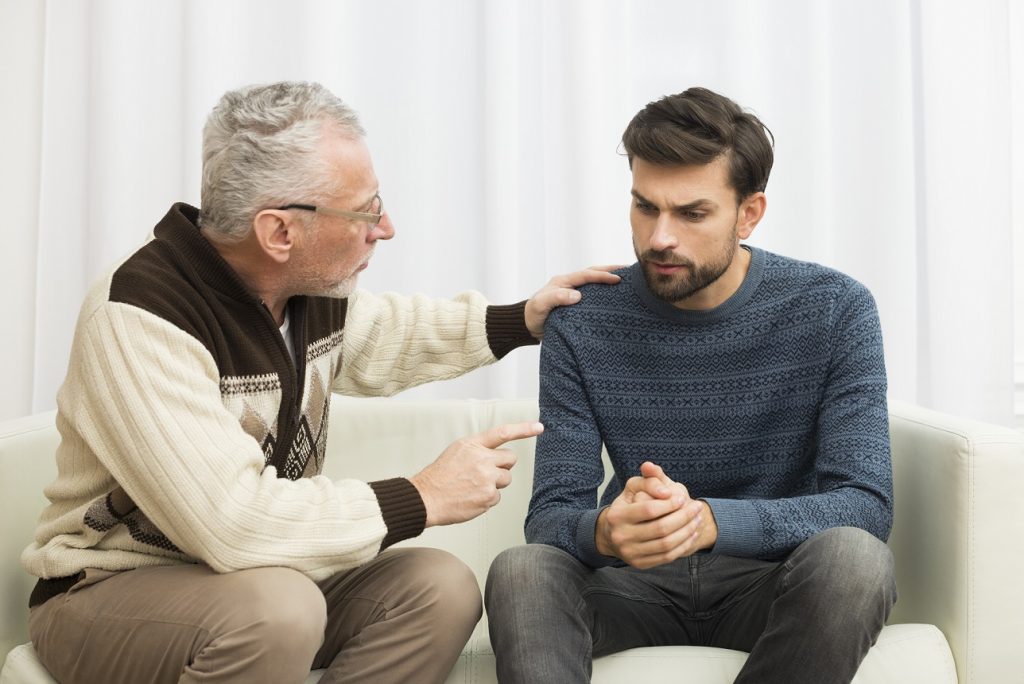What is consent?
The word consent means allowing something knowingly what it is about. It is “nodding-with-knowledge.” It is an act in which it is decided to do or not do something, in a reasoned and responsible manner.
What does sexual consent mean?
In the sexual field, consent is a fundamental piece. Many adolescents may feel pressure to initiate sexual relations, to carry out certain practices, or to allow certain behaviors when they really do not want them.
It is a stage in which the social pressure received from peer groups and even from Internet and the social networks, greatly influences decisions and can push towards behaviors that you really do not want to put into practice. Having intimate relationships when you are not yet ready can have repercussions on your own self-esteem, the development of your personality or the way you understand future relationships.
What components does consent have?
There are a series of components or requirements that define sexual consent and it is important that all people know them to respect the freedom and rights of others. The consent must be:
- Free: It must be a voluntary and free choice for all parties involved. Remaining silent or not saying “no” is not equivalent to consent. A person under the influence of drugs or alcohol cannot give consent. Sex under coercion or intimidation is not consensual. There are also other situations in which a person cannot truly give consent; for example, if you do not have the mental capacity to do so or are a minor.
- Informed: Lying or deliberately hiding certain intentions, such as having unprotected sex, is not consensual sex. Forcing a person who is too intoxicated to refuse sex or to agree to certain practices is not obtaining consent.
- Concrete: Consenting to something, for example kisses or caresses, does not mean consenting to everything else. A good rule of thumb would be: when in doubt, stop and ask. If you're still hesitating, stop.
- Reversible: Consenting once does not mean having consented forever. Even during a sexual act, everyone is free to interrupt or stop it at any time and revoke their consent.
- Enthusiastic: The question is not whether a person says “no,” but whether they say “yes” or actively express consent verbally and non-verbally.

What is the minimum age to understand a sexual relationship as consensual?
The minimum age of consent Sexuality is the age at which one is considered capable of consenting to sexual activity. This age varies significantly in different countries of the world, ranging between 11 and 21 years in different countries of the world. Some nations, however, do not have a specific age of consent as they prohibit sexual relations outside of marriage. Nigeria, an African nation, has the lowest age of consent in the world, 11 years old. The Philippines and Angola follow closely, with the age of consent in both countries being 12 years old.
In Cyprus, Ireland, Mexico and Nauru, one cannot legally agree to a sexual relationship before turning 17. Another 40 countries, including Kenya, Iraq, Nicaragua, Vatican City, Vietnam, Argentina, Rwanda, India and Guatemala, prohibit sexual activities with partners under 18 years of age. While Bahrain, a country in Asia, has the highest legal age of consent, at 21 years old.
In Spain the minimum age to consent to a sexual relationship is 16 years and older. Thus, sexual relations with a minor under 16 is a crime because the Law understands that the minor does not have the capacity to consent and with the exception that the relationship occurs between people who are of similar age and maturity.

Why is it important to talk to minors about consent?
Although on paper the premise seems very clear when there is no consent, it is abuse, the real situations are more complex and even more so when it comes to sexual relations between adolescents and young people and, sometimes, with adults.
Consent, the “only yes is yes,” is faltering in the face of a society deeply marked by sexist education for decades, and with a majority access to pornography, focused on man's pleasure and showing women as passive objects.
Sexual education has to go far beyond talking about penetration, preventing the risk of pregnancy or risky sexual practices, and it has to start in the family environment. We have to start with emotional education, what we feel, from respect and without impositions.
In addition, we have prevention techniques that you can learn in our Postgraduate in intervention with Minors led by the best active professionals in the sector. Limited places, don't miss out on yours.




